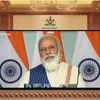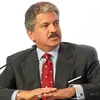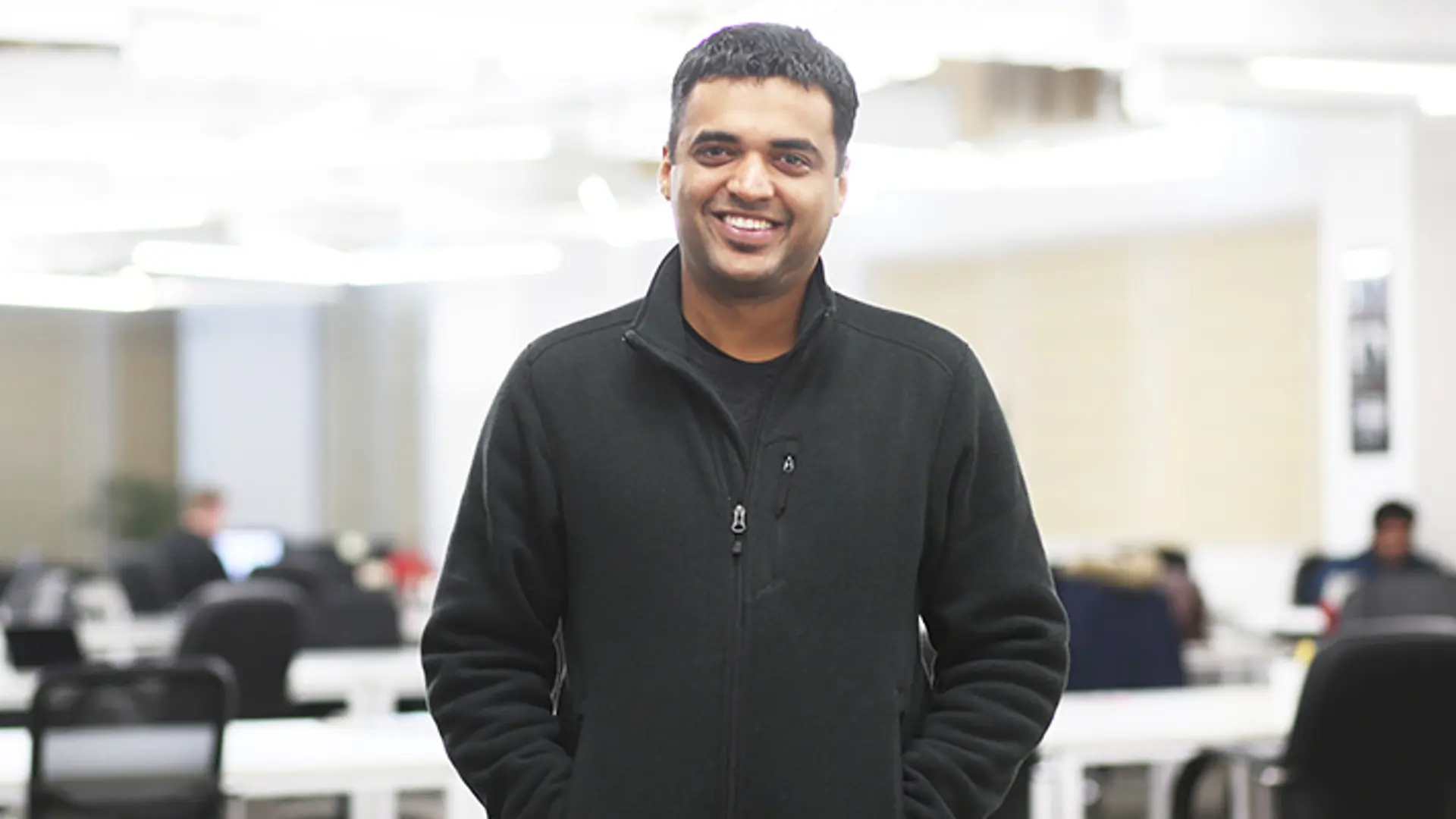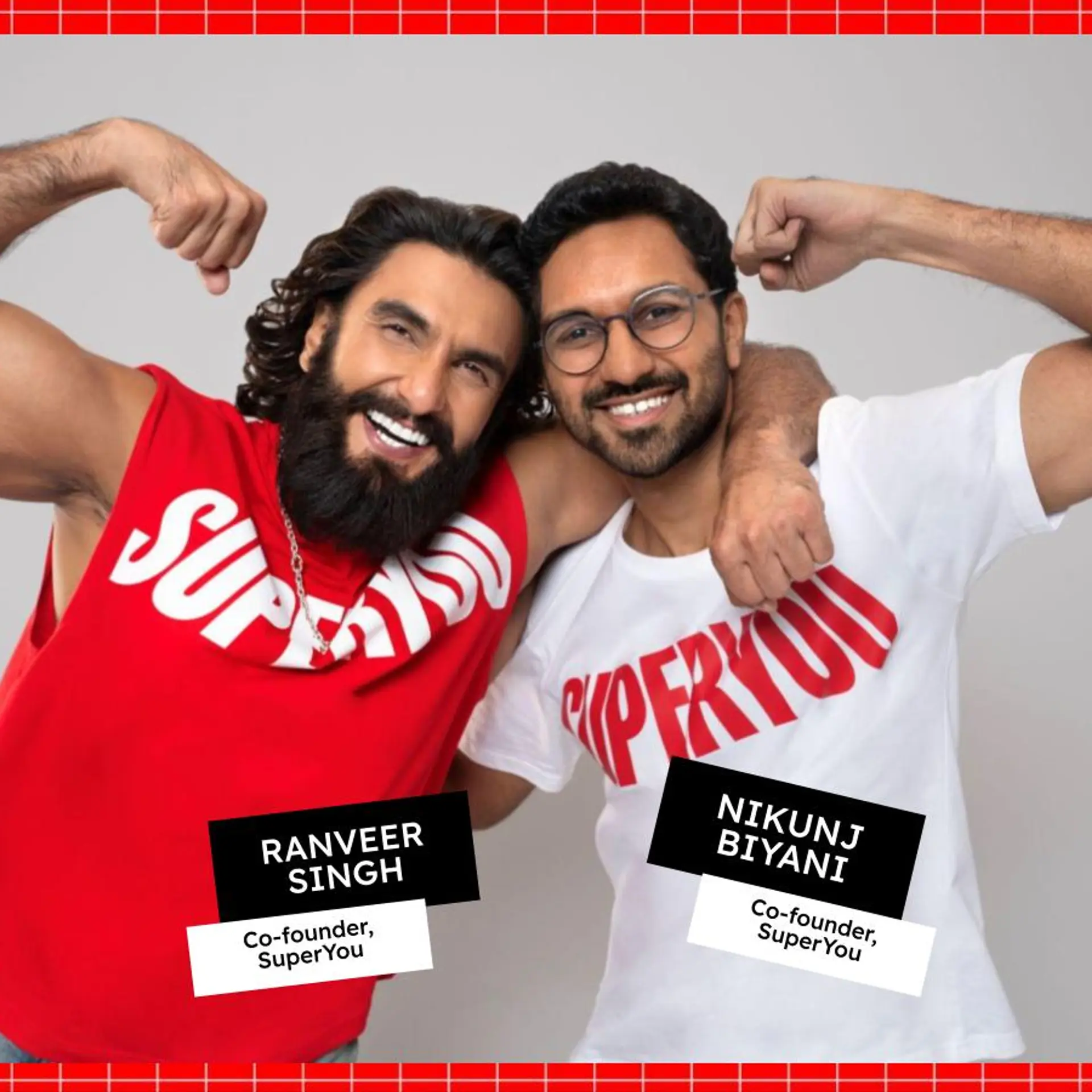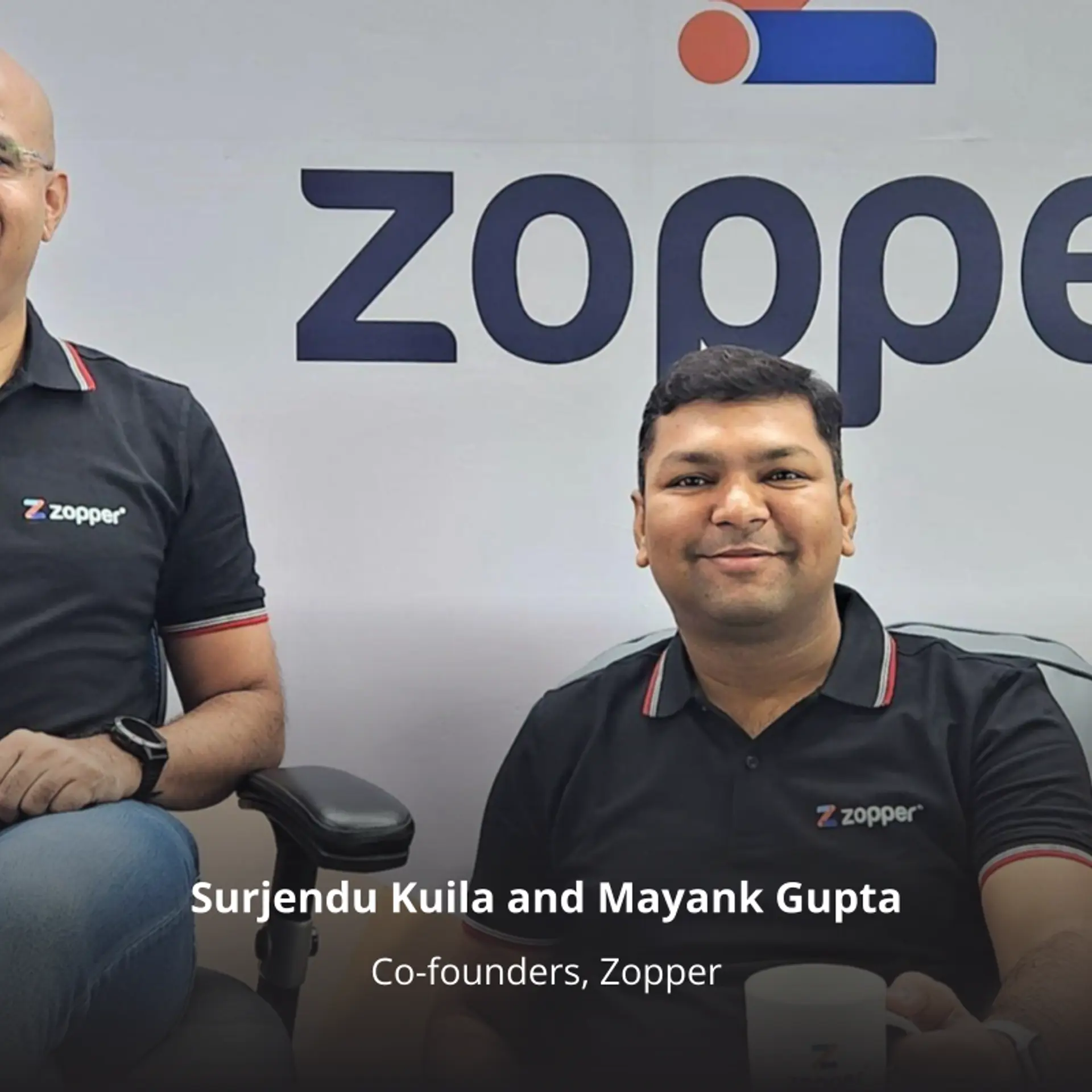Healthcare industry is waiting to be disrupted by internet and technology, say experts at Bengaluru Tech Summit 2020
Speaking at the virtual tech summit, Dr.Indu Bhushan, CEO of Ayushman Bharat and National Health Authority said that health care delivery transformation in India can be achieved through the creation of an open digital health ecosystem
Digitisation in the healthcare industry has been underway for some time now. However, COVID-19 changed the healthcare sector and forced it to move online almost overnight. Prior to this, digital healthcare was just an option, but now it is more or less the only option for reaching out to doctors.
Speaking at Bengaluru Tech Summit 2020, experts said that the healthcare industry is huge and is now waiting for digital disruption. According to Dr. Indu Bhushan, CEO of Ayushman Bharat- Pradhan Mantri Jan Arogya Yojana & National Health Authority, GOI, healthcare stakeholders need to “make India a digital health nation.”
“Healthcare delivery transformation in India can be achieved through the creation of an open digital health ecosystem. It needs to put a patient at the centre of all solutions and incorporate access and affordability, ” he said.
Speaking about the government healthcare initiative, Ayushman Bharat, which provides free healthcare facilities to almost 10 crore underprivileged families, Dr. Indu explained that it is the first Indian healthcare scheme which has been data driven since its launch. “It monitors every treatment and transaction under the scheme. We leverage tech to assure quality of service as well,” she said while speaking at the virtual tech event.

Vaibhav Agarwal, Partner at Lightspeed India addressing the audience digitally at Bengaluru Tech Summit 2020
Opportunities in healthcare
Speaking about digital disruption, Vaibhav Agarwal, Partner at Lightspeed India said that internet penetration, infrastructure and openness to adopt technology will disrupt and change the Indian healthcare industry.
He also explained that the digital disruption and change in the healthcare industry is largely dependent on the tools and technologies being made available to the doctors in the country. He explained that the online services will have to be better, efficient and faster in order for the doctors to realise its potential over offline modes.
“The real opportunity in healthcare lies in building tools for doctors. Saving time and increasing revenue are two major needs a doctor has and a startup needs to keep this in mind while providing business and technology solutions to doctors,” Vaibhav said.
He added that doctors as professionals are actually not taught to take much risks when it comes to their patients and thus they are sometimes initially reluctant to change or believe in a new technology. According to Vaibhav, startups need to ensure quality and will need to increase adoption among the top tier doctors whom other healthcare professionals generally look up to.
He added that when the sector notices adoption of new technologies from the top tier doctors, they trust it more.
“The ecosystem at large still needs more maturity in terms of how healthcare brings in technology and adoption. Healthcare experts and tech experts need to collaborate,” he said.

Image Credit: Anubhav Anurag, YS Design
Making healthcare better for consumers
Not only doctors but digitisation in the healthcare industry is also playing a pivotal role in ensuring accessibility of quality healthcare in every corner of the country.
“The biggest role and the impact that digitalisation will bring in is to create virtual care coordination. Hospitals are bound in space. That’s not how the modern world works anymore,” said Mr. Viren Shetty, ED and COO at Narayana Health.
Highlighting similar points, Shashank ND, Co-Founder and CEO of Practo, said that digitisation and telemedicine are solving the problem of accessibility as it ensures people across the country can reach doctors living in any part of the country. He also explained the potential of affordability using telehealth as it eliminates the need for logistics expenditure.
Vibhav however explained the importance of data availability and access in order to leverage deeptech such as artificial intelligence in healthcare. He said that AI can only enhance the existing data-based workflow, however, currently most of the health transactions are offline. “There is no system that is already existing for AI to sit on,” he added.
Dr Michelle Perugini, Co-Founder and CEO at Presagen and Life Whisperer also highlighted that lack of data access and quality is an issue for building products effectively in the clinical environment. “Digital health needs access to large global data sets and built at scale to give to end users at affordable rates” she said.



